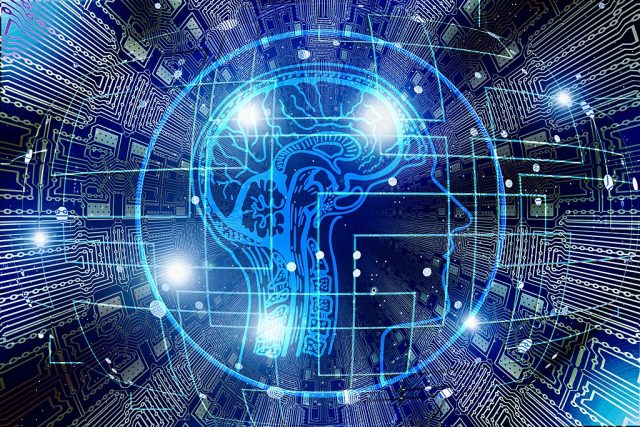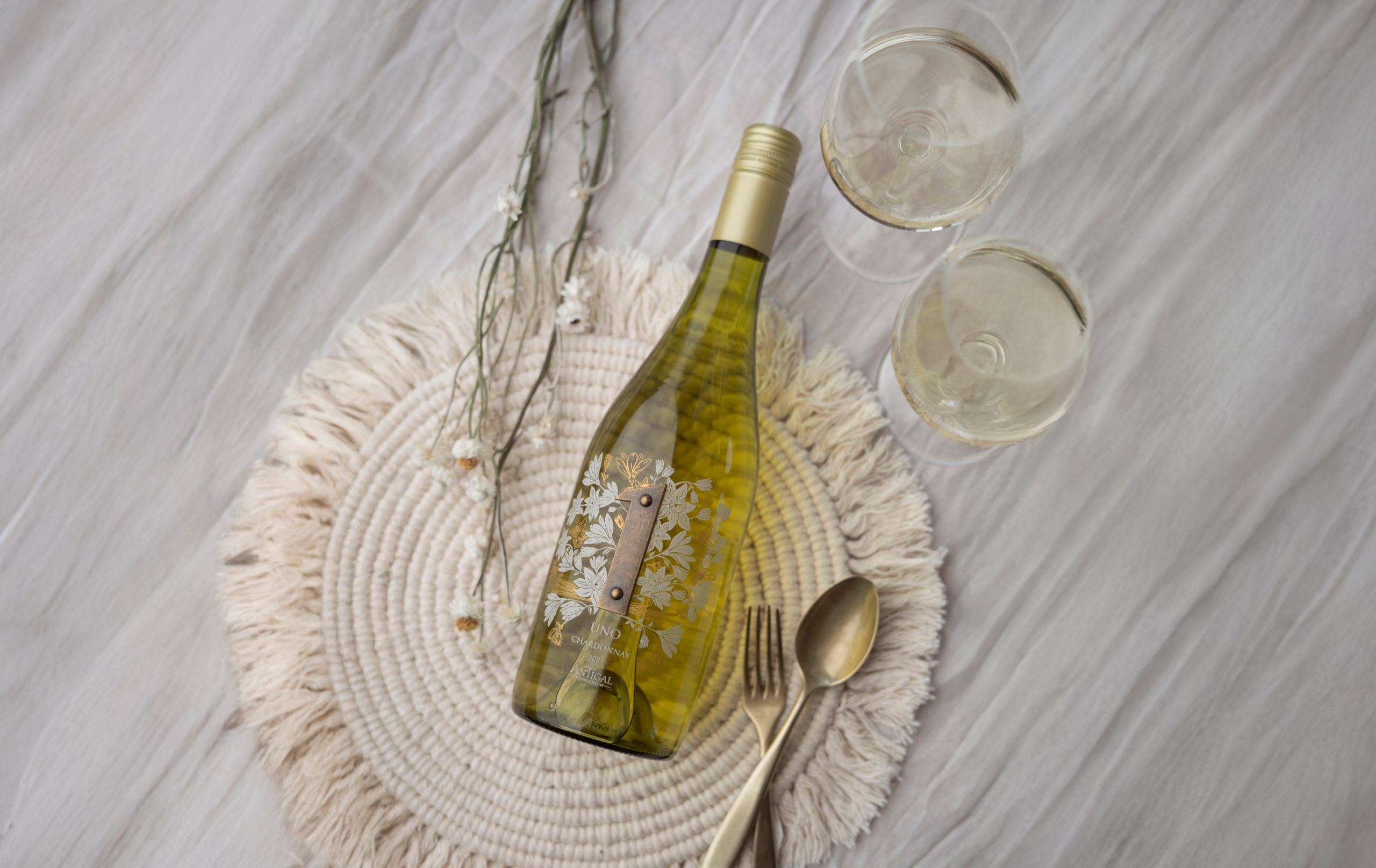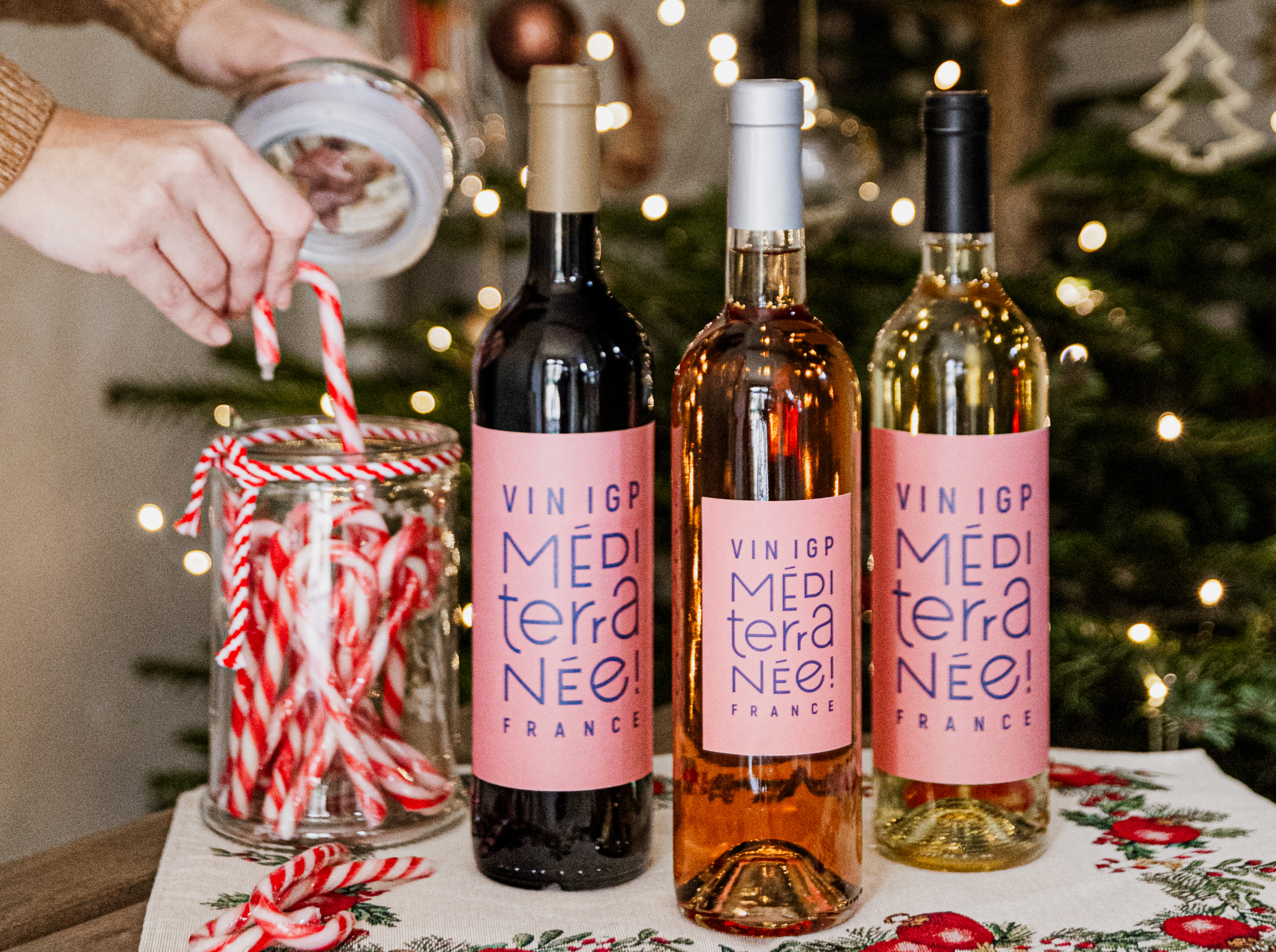Friend or foe: how will AI shape the future of drinks?
New research shows a growing demand for knowledge of AI in the hospitality sector, and artificial intelligence looks set to stay, with technology increasingly being used to help produce our drinks.

New research from digital marketing agency Tank shows the food and beverage sector ranks fourth in the run to adopt AI in job roles, but fear not readers, because “human judgement and oversight are more important than ever,” says Martin Harris, TANK’s head of digital.
From tasting wines and detecting fraudulent ones, to the world’s first AI beer and ChatGPT passing three of the Master Sommelier exams this year, many have been living in fear of AI replacing us and our jobs.
Tank’s AI & Me Report found that 1 in 100 job advertisements for the food and beverage sector require some experience of working with AI. The company’s findings suggest more jobs are requiring workers to “use AI tools responsibly and in a way that delivers value”.
Still in trial-and-error phase of experimenting with AI, our jobs seem safe for now following the failure of AI employee Aimee back in September. Hired by Manchester-based PR company, Bottled Imagination, the AI failed to pass its probation period as digital marketing manager after agreeing to post-work drinks, forgetting it was a computer.
So while Aimee didn’t quite find its calling in PR, perhaps AI will find its feet (so to speak) in the world of wine. A fast-developing industry, here are some of the ways AI can be expected to help assist growers, producers and even consumers.
AI in the vineyard
At times a labour intensive job, AI has the potential to provide winemakers with some peace of mind through technologies that can provide early detection of pest invasions, keep an eye on plant conditions and more closely monitor the winemaking process.
One such technology is an AI engine designed by Winegrid, a tech firm developing fermentation for winemakers, allowing them to remotely monitor the process.
Recognising a gap for precise, real-time monitoring of winemaking, Portuguese duo Rogério Nogueira and Lúcia Bilro developed an AI that allows winemakers react faster to changes and preserve the quality of their wines.
There is also Deep Planet, a global AgriTech startup, whose AI tool VineSignal has been designed to manage soil moisture, predict grape maturity and optimal dates for harvesting. Developed by a team of scientists and engineers from Oxford University, the tool can map a vineyard to a depth of 1.5 meters, which can then be used to inform irrigation.
AI and the climate
AI is playing a crucial role in helping winemakers adapt to the threats posed by climate change.
Partner Content
Up to 85% of the world’s winegrowing regions are at risk of rising temperatures, according to Proceedings of the National Academy of Sciences, with once thriving areas becoming desolate and many concerned about where and how to grow their grapes as unpredictable weather patterns increase.
AI wine tasting app Tastry was founded by Katerina Axelsson in 2016, after she taught a computer how to taste wine and developing an AI tool to match consumers with products based on their tastes. Following the 2020 California wildfires, this same technology was used to test for smoke taint indicators in grapes.
California is a region vulnerable to wildfires, and Tastry continues to advise clients on how to mask the effects of smoke taints, using AI to identify alternative blends.
Meanwhile Deep Planet’s soil monitoring claims to reduces gallons of wasted water, by offering precise measurements on moisture levels across vineyards.
Such advancements in AI may prove crucial for future-proofing the industry, as winemakers look to protect their crops from climate change, and mitigate their carbon and water footprint.
AI and consumer tastes
More recently, it was revealed that scientists had designed an AI tool able to trace wines to their origins through chemical analysis.
Although primarily used to detect fraudulent wines, the algorithm could also be used to monitor the winemaking process, by identifying whether compounds in the liquid match the origin on the label.
AI proves fruitful in monitoring and ensuring wines and spirits are kept up to scratch, but as wine critic Antonio Galloni said at this year’s Vinitaly, “there are no shortcuts to making great wine”.
Over in the world of spirits, Swedish distillery Mackmyra teamed up with Microsoft and Fourkind, a Finnish tech consultant, to create the first AI-generated blend.
Using a combination of customer feedback and existing recipes, while it was able to produce thousands of possibilities for a new blend, ultimately it was blender, Angela D’Orazio, who decided which recipe was the winner, proving the human touch is still much needed when it comes to finding the perfect drink.
Related news
Strong peak trading to boost Naked Wines' year profitability




